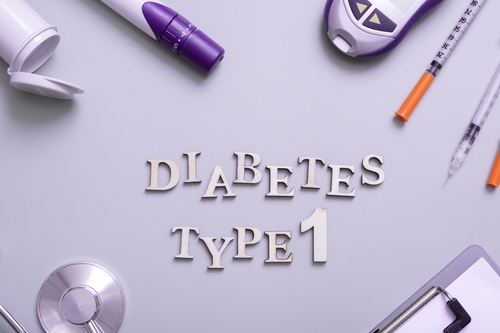
In this week’s edition of DocWire News’ Homepage round-up: The US ranks behind nearly 40 countries when it comes to children’s well-being; Facebook users mimic their friends’ eating habits; outpatient palliative care benefits patients with Parkinson’s disease and other neurological disorders; and an updated on the coronavirus (COVID-19) outbreak.

The United States ranks below nearly 40 countries when it comes to children’s health and well-being, according to a landmark report released yesterday by a Commission comprised of over 40 child and adolescent health experts worldwide. The Commission was convened by the World Health Organization (WHO), UNICEF and The Lancet. The Commission ranked 180 countries based on child flourishing performance, and included measures of survival and well-being, such as education, health, sustainability, and nutrition with a proxy for greenhouse gas emissions, and income inequality. Overall, the US ranked at #39, trailing such countries as Canada (#21), Israel (#24), New Zealand (#32), Poland (#33), and Saudi Arabia (#36).

Social media users tend to mimic the eating habits of their friends, according to the findings of a new study published in the journal Appetite. They conducted a cross-sectional survey comprised of 369 male and female university students. Each subject was asked to report their personal perceptions of Facebook users’ consumption of, and preferences for, fruit, vegetables, energy-dense snacks and sugar sweetened beverages (SSBs), as well as their own consumption of and preferences for these foods. Subsequent to analysis, the results showed that Facebook users’ consumed an extra fifth of a portion of fruit and vegetables for every portion they perceived their social media peers were eating.

Outpatient palliative care (PC) benefits patients with Parkinson’s disease and related disorders (PDRD) more than standard care alone, according to the findings of a study published in JAMA Neurology. In this randomized clinical trial, researchers enrolled 210 patients (64.3% men, mean age, 70) from three academic tertiary care centers between November 2015 and September 2017 and followed them for up to one year. According to the results of the study, compared to standard care alone at six months, PDRD patients receiving the PC intervention showed better quality of life (QoL).

The Wuhan coronavirus has now killed twice as many people as the 2003 SARS outbreak. As the virus, now officially called COVID-19, continues to spread, officials from across the globe are initiating plans and protocols to mitigate its effect – however, an official from the National Institutes of Health (NIH) is now stating that the outbreak stands “on the verge” of becoming a global pandemic. We provided an update (as of Monday) on a previous rundown of the outbreak, as well as a recap of the virus’ definition, origin, symptoms, and safety protocols.







 © 2025 Mashup Media, LLC, a Formedics Property. All Rights Reserved.
© 2025 Mashup Media, LLC, a Formedics Property. All Rights Reserved.